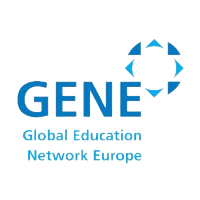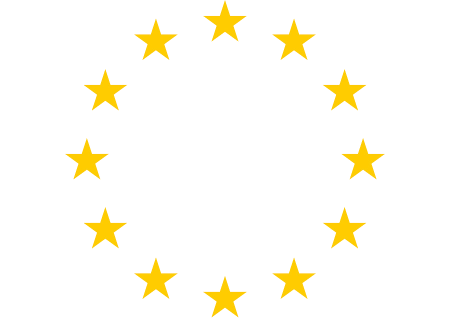Responsability: Global Education Network Europe
Authors: Collective
Language: English
Publication date: November 2022
Pages: 11
Presentation
The new European Declaration has forged a common vision for Global Education to 2050.
Why does it matter?
GENE, in cooperation with member states, has facilitated a new declaration which takes a long-term view on Global Education to 2050. Over 18 months, a common vision and commitments were forged that enable policymakers to move Global Education from the margins towards the centre of policy and strategy and seek to ensure that all people in Europe – in solidarity with peoples globally – have access to quality Global Education.
How did it take place?
The consultation process began in June 2021 with GENE carrying out consultations with several stakeholders.
The preparatory process took place through a number of virtual and face-to-face meetings in March, June and September 2022; involving the Drafting Committee, policymakers, international partners and stakeholders. The final Declaration was adopted on 4 November at the #GE2050 Congress.
Who is involved?
GENE consulted with Ministries and Agencies, of Foreign Affairs and Education, from across Europe, with youth organisations, civil society organisations, local governments and international organisations, along with researchers in the field, as well as global critical friends from Africa, Asia-Pacific and the Americas, to ensure a strong and visionary declaration.
What are the highlights?
The process of creating the new declaration has brought together a diversity of actors using different concepts and strands of learning for global solidarity, social justice, peace, human rights and sustainability that reflects:
- the importance of partnerships and cooperation between key actors at national, European and global levels;
- curriculum reform and whole school approaches;
- the role of educators;
- the need for adequate funding levels and suitable funding mechanisms;
- an appreciation for the leadership role played by civil society and young people in driving change;
- and the continued desire to cooperate for policy coherence and integration of global learning in all education.








